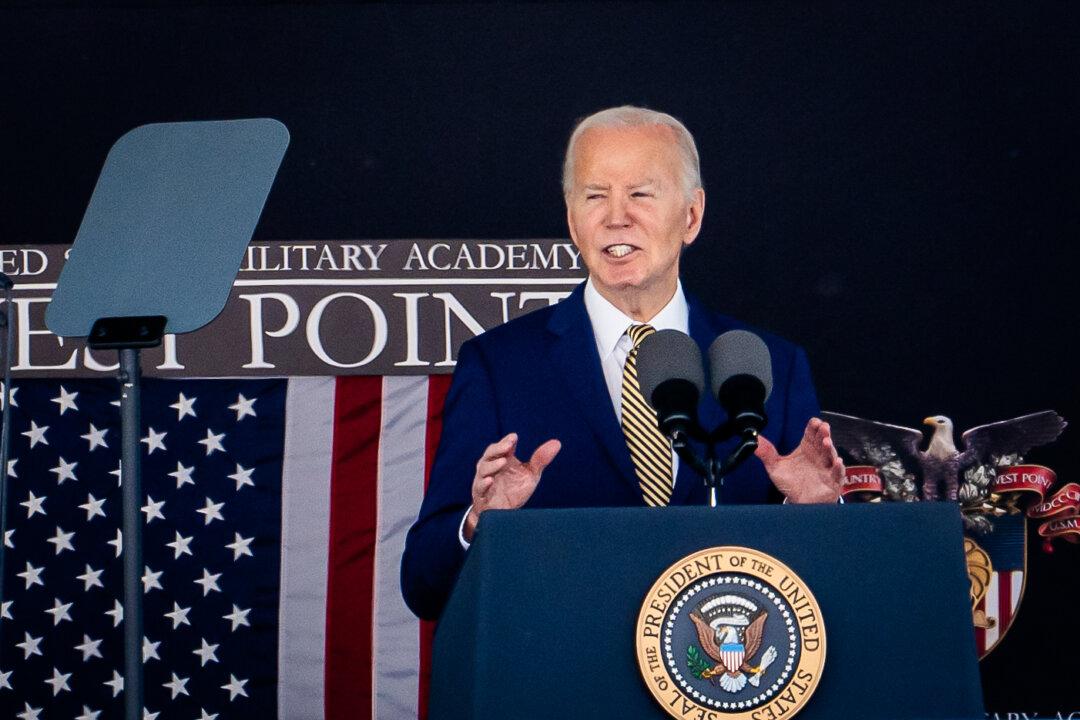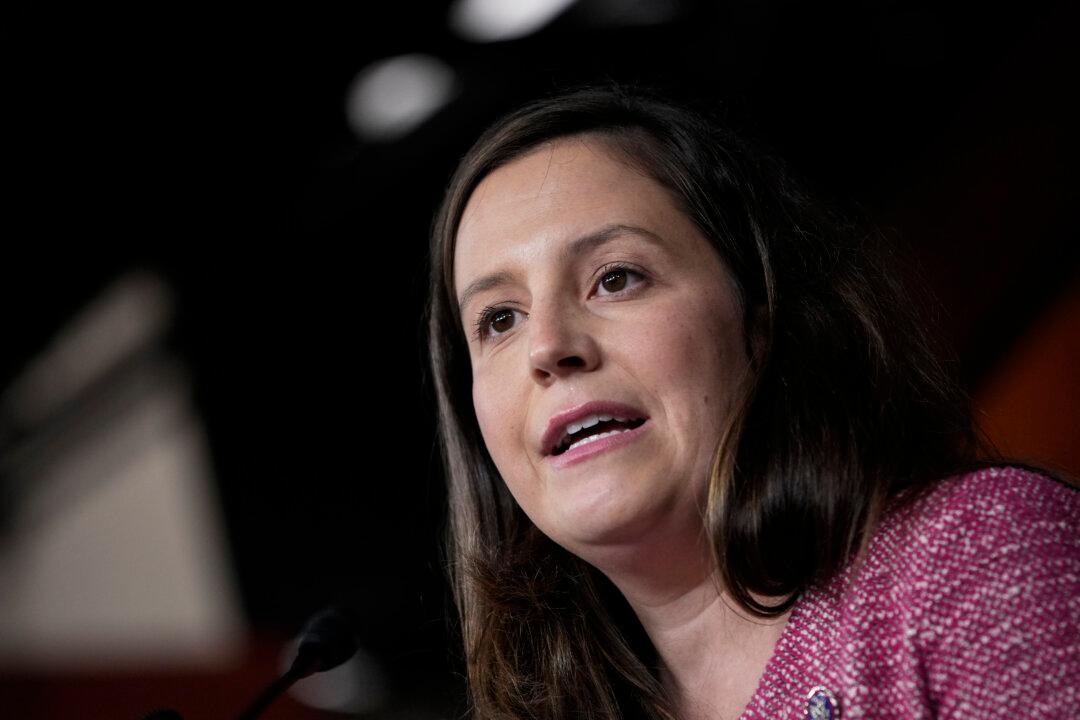MAKHMOUR, Iraq—When Islamic State militants fought their way across northern Iraq last summer, Sunni tribe al-Lehib saw them as revolutionaries fighting the Shiite-led government in Baghdad. But less than a year later, the tribe is bitterly divided between those who joined the extremist group and those resisting its brutal rule.
The tribe hails from a village just south of Mosul, Iraq’s second largest city, which was captured by the IS last year. Like many Sunnis in northern Iraq, they initially welcomed the Islamic State group as liberators.
“We were happy when Daesh came,” tribal leader Nazhan Sakhar said, using an acronym for the extremist group. “We thought they were going to Baghdad to establish a government. But then they started killing our own people. It turned out they were the same as al-Qaida.”
Now he leads a group of around 300 fighters who have reluctantly allied with Iraqi troops and Kurdish forces to fight the IS group — and fellow tribesmen who still support the extremists.
Iraq’s Sunnis have complained of discrimination and abuse since the U.S.-led invasion toppled Saddam Hussein’s Sunni-led dictatorship and replaced it with an elected government dominated by the country’s Shiite majority. That discontent fueled the rise of the Sunni IS group and paved the way for its takeover of much of northern and western Iraq last year.
The government is now trying to rally Sunni support, which will be key to defeating the IS group. But for many Sunnis that poses a dilemma, forcing them to choose between extremists who reserve their worst brutality for suspected traitors, and what many see as a sectarian government with a history of broken promises.
Sakhar once fought with the Sahwas, or Awakening Councils, which were made up of Sunni tribesmen and former insurgents who allied themselves with the U.S. military starting in 2006 to help roll back al-Qaida in Iraq, a precursor of the IS group. But the Shiite-led government never warmed to the Sahwas, and as U.S. troops withdrew support for the fighters dwindled.
Sakhar said this time around he is getting some help, with each fighter receiving his first monthly paycheck from Baghdad, of around $600.
But they have struggled to arm themselves. “We received weapons from (Kurdish) peshmerga forces, but it wasn’t enough. Then we bought the rest of the weapons with our own personal money,” he said. He said he has spent $150,000 on weapons, including a heavy machine gun, five lighter machine guns, a pickup truck and two rocket-propelled grenade launchers.



